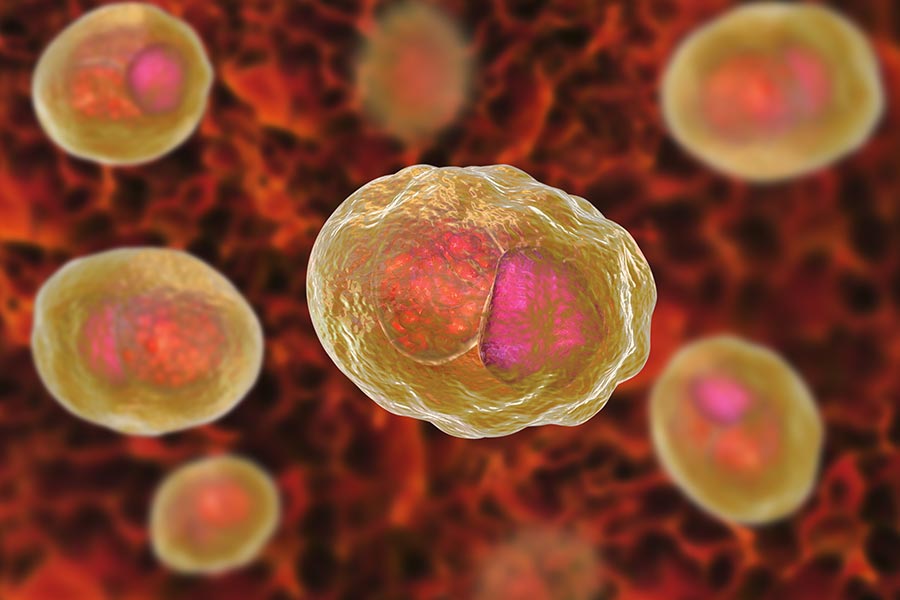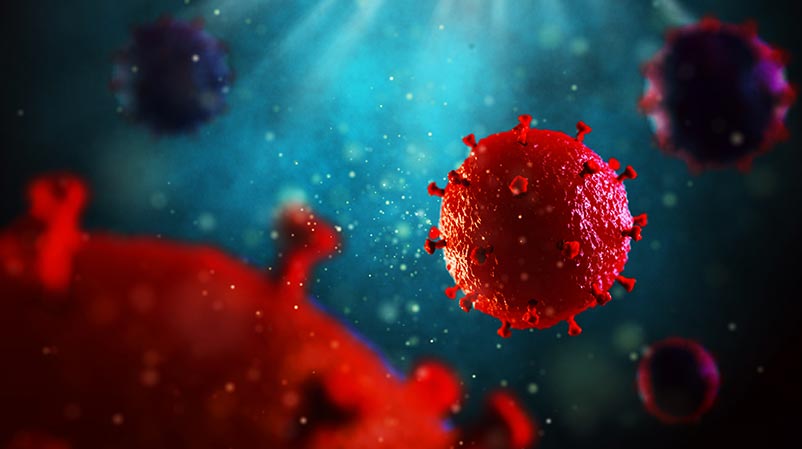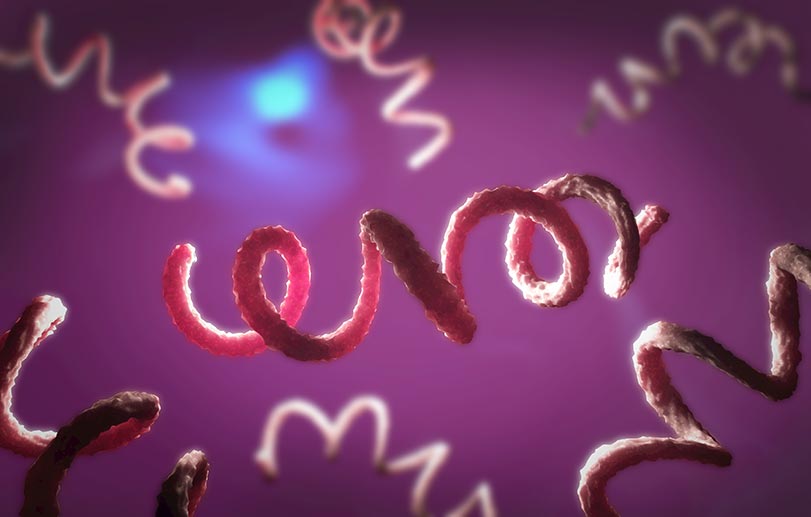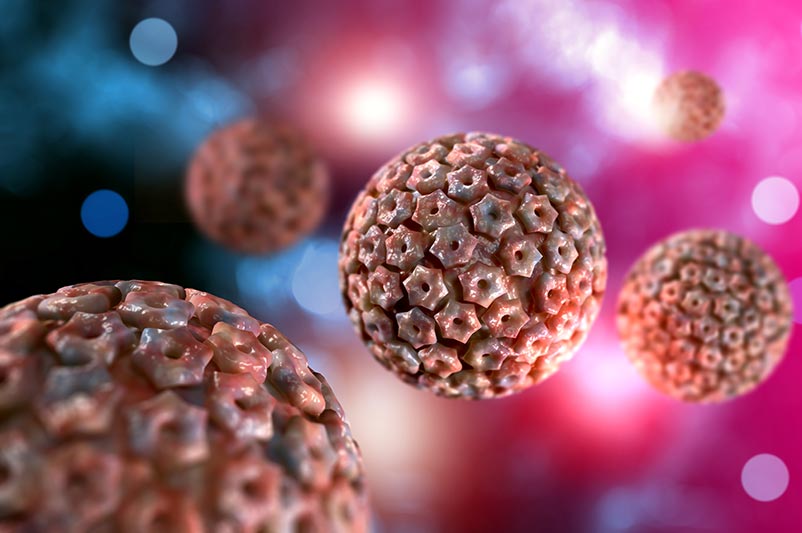Sexually transmitted diseases (STDs) and sexually transmitted infections (STIs) are passed from one person to another through sexual activity.
Many STIs and STDs have minor or no symptoms but some can cause serious health problems in the future. It is important to get tested if you are having sex, if you are pregnant, or if you are considering abortion. The CDC recommends getting tested every time you have sexual contact with a new partner.
NOTE: Pregnant women considering abortion should get tested for STIs even if they don’t have any visible symptoms. Having an active STI at the time of an abortion procedure can cause serious complications.
Symptoms & Treatment of Sexually Transmitted Infections and Diseases

Gonorrhea
Most women with gonorrhea have no symptoms. Some men also have no symptoms.
Women may notice a painful or burning sensation when urinating, increased vaginal discharge, or vaginal bleeding between periods. Men may have a burning sensation when urinating, a discharge from the penis, or painful swollen testicles. Rectal infections may either cause no symptoms or cause symptoms in both men and women that include a discharge, anal itching, soreness, bleeding, or painful bowel movements.
Treatment includes an injection of antibiotics, as well as oral antibiotics.
A Woman’s Concern offers a free test for gonorrhea with a pregnancy test at our facility. Learn More

CHLAMYDIA
Most people who have chlamydia have no symptoms.
Women may notice abnormal vaginal discharge, or a burning symptom when urinating. Men may have a discharge from their penis, burning sensation when urinating, or pain and swelling in testicles.
Treatment includes oral antibiotics.
A Woman’s Concern offers a free test for chlamydia with a pregnancy test at our facility. Learn More

HIV/AIDS
Some individuals may initially experience flu-like symptoms (fever, chills, rash, muscle aches, sore throat, fatigue, etc.) when infected. The only way to know for sure if you have HIV is to get tested.
There is currently no effective cure for HIV. But, with proper medical care, HIV can be managed. Today someone diagnosed with HIV and treated before the disease is far advanced can live nearly as long as someone who does not have HIV.

SYPHILIS
There are many stages of Syphilis. It can be recognized by a single chancre as well as multiple sores in the first stage. It can then be seen as skin rashes and sores in the mouth, vagina, or anus. Syphilis can also invade the nervous system. Diagnosis is done by a blood test.
Treatment includes injection of antibiotics or IV antibiotics.

GENITAL HERPES
Many individuals have no symptoms at all. Some individual may have lesions or small blisters on or around genitals, rectum, or mouth.
There is no cure for herpes. Antiviral medication can prevent or shorten outbreaks during the time the individual is taking the medication.
About Pelvic Inflammatory Disease (PID)
PID is a general term that refers to infection of the uterus, fallopian tubes, and other reproductive organs in women.
It is a common and serious complication of some sexually transmitted diseases—especially gonorrhea and chlamydia—when left untreated. PID is also a cause of infertility and ectopic pregnancy (a pregnancy growing outside the uterus), and chronic pelvic pain. Sexually-active women, particularly those with multiple partners or a history of STDs, are at highest risk for developing PID. Black women are more than twice as likely to contract PID as white women with similar health histories.
Of patients who have a chlamydia infection at the time of her abortion, nearly 1 in 4 will develop Pelvic Inflammatory Disease (PID) within 4 weeks.
About STI/STD Treatment
- Do not have vaginal, anal, or oral sex while under treatment for an STI/STD.
- Notify all current and past sexual partners that you have an STI/STD so they can be tested and treated.
- Treatment for an STI/STD should be done before having an abortion.
- Get retested for STIs/STDs 3-4 months after finishing treatment, regardless of whether you believe that your sexual partners were successfully treated.
This information is presented as an informational tool only. It is not intended to replace medical advice or care from a qualified medical provider.

